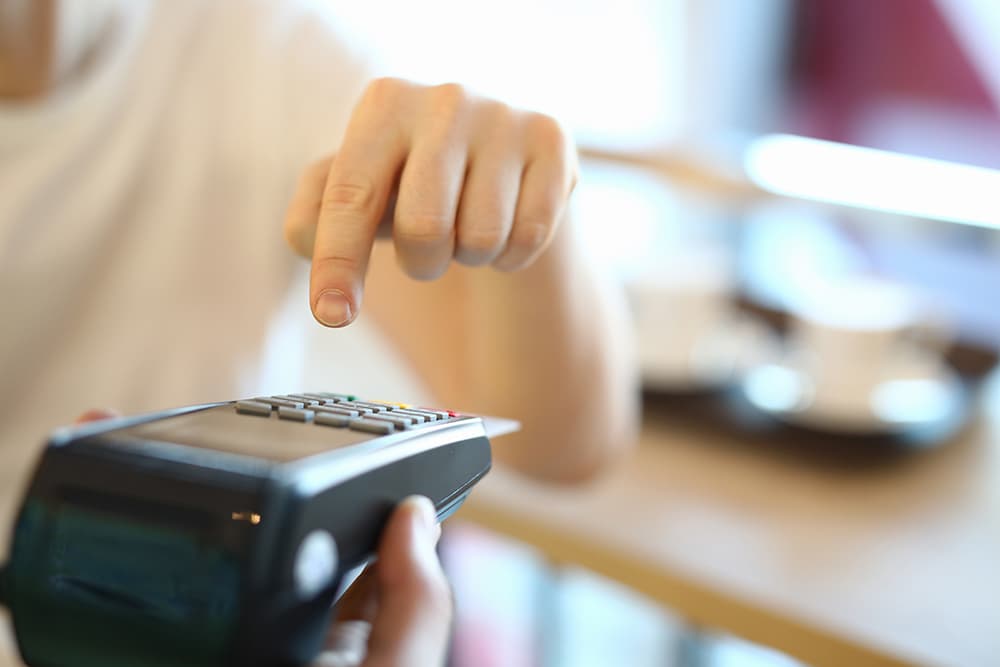Payment Processor Vs. Merchant Acquirer, and How They Work Together

When it comes to accepting funds from your clients, there are two major actors involved: the payment processor and the merchant acquirer.
When you understand what each is and how they work together, you can gain maximum control over how you get paid.
What is a payment processor?
A payment processor is a company that facilitates the transfer of payments from customers to businesses.
Payment processors have multiple functions. They facilitate payments, request authorization, validate funds transfers, secure data, and provide additional services.
At the time of purchase, the payment processor securely transmits the details to the appropriate parties, including the customer’s and business’s banks and the card network.
Additionally, the processing company requests authorization, verifies customer identity and payment validity, and secures the data.
After authorization, the processor coordinates the funds transfer to the merchant account. Additional services include support of multiple currencies, chargeback protection, and fraud monitoring.
What is a merchant acquirer?
The merchant acquirer provides behind-the-scenes facilitation to ecommerce businesses that makes payments possible.
When you want to accept payments from your customers, you need to have a financial institution that maintains your business account. This is the role played by the merchant acquirer.
This entity bears most of the significant risks associated with online payments, including compliance with card industry requirements and addressing chargeback disputes.
How payment processing companies and merchant acquirers work together
While payment processors and merchant acquirers perform different functions, their jobs frequently intersect to provide a secure and streamlined payment experience.
In terms of taking payments, the processor is responsible for handling all technical aspects, including but not limited to secure payment authentication. Meanwhile, the merchant acquirer maintains the business’s bank account and is responsible for risk mitigation and regulatory compliance.
Even though not directly involved, the payment processor plays a peripheral yet very important role in reducing risks. The merchant acquirer handles financial responsibilities like regulatory compliance and managing chargebacks. In contrast, the payment processor operates the technical infrastructure that securely moves data to prevent fraud and lessen the impact of a data breach.
Finally, each entity has its own unique relationship with businesses. It is the payment processor who usually has a direct connection since it provides the merchant account and any other software and hardware necessary to facilitate secure payments. By contrast, a business owner might never interact directly with the acquirer, only seeing their name on their initial account application.
When you launch a business that accepts digital payments, you are operating in a complex system populated with a number of team members. It is the payment processors and merchant acquirers who combine to create a fast, secure, and minimally risky funds transfer experience.
You have little or no control over the merchant acquirer. However, working hard to select the optimal payment processor can go a long way toward fostering streamlined, secure funds transfers.























